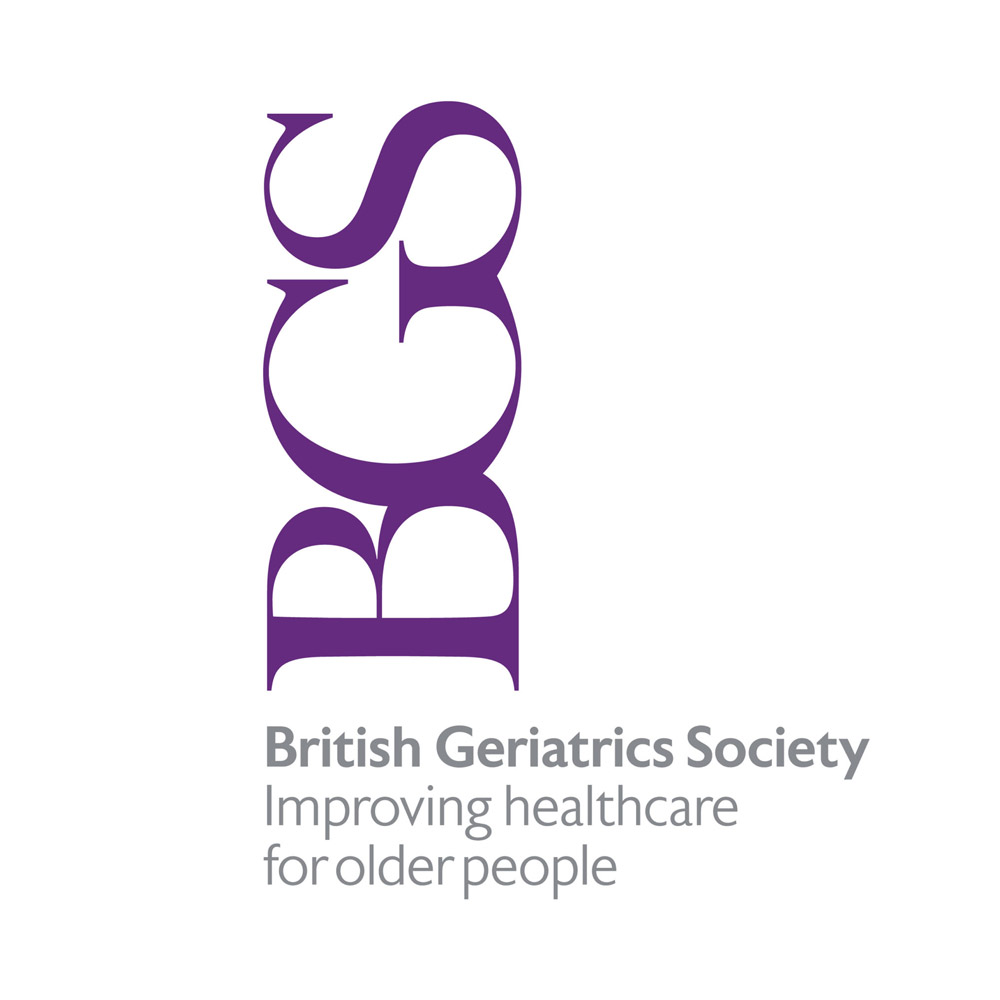Our work in action
Here, you’ll find case studies on some of the research and community awards we’ve previously made, as well as some which are in progress. You can search more of our academic and clinical research grant awards and the resulting publications on Europe PubMed Central.
Stories from our award-holders
Events recordings and reports
If you’re unable to attend an in-person event to hear about our award-holders’ work, we aim to make recordings and short summaries available here, together with links to related material and resources.
Explore upcoming and past events and talks








Collaborations
We like to collaborate with other organisations that share our vision. We believe that by combining our resources and actively looking for partners with complementary capabilities, we can achieve so much more – and in the process, contribute to our own learning and development and that of the communities we serve.
